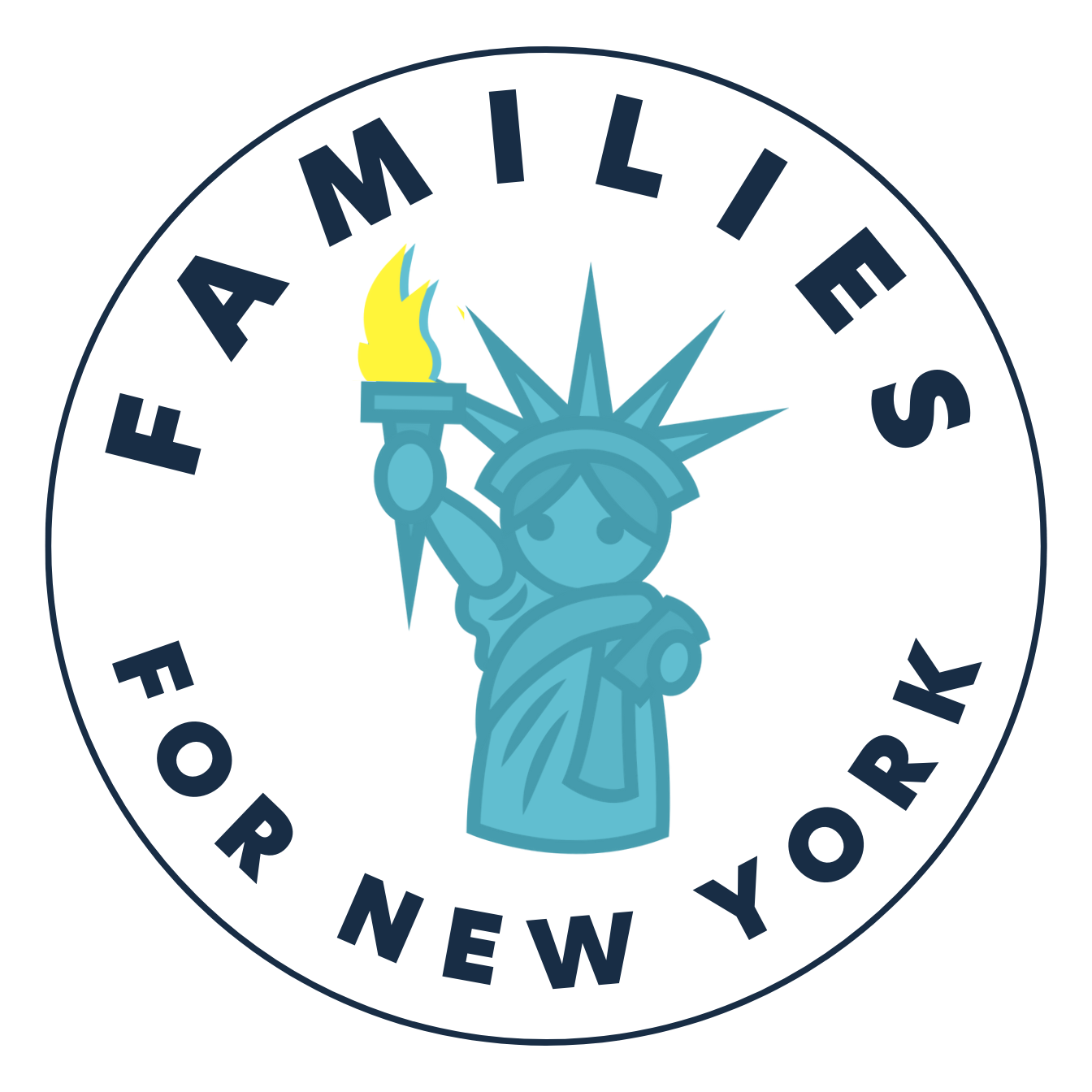Why We Choose Sleep Away Camp
“They couldn’t handle it”
“They can’t take care of themselves”
“They have separation anxiety”
“They have allergies”
These are some of the messages I received since I posted about my son coming back from a month at a sleep away camp. I get it. I have also come up with every reason why my son should not spend weeks away from us. I am now doing the same to avoid having to send my youngest next year - despite very convincing arguments from his older brother.
What I have learned is that the separation is so much harder for us parents than for the kids. Before we sent my son the first time, I talked to a lot of American friends who had been at camps and they all said it was one of the best experiences of their lives. They talked about the friendships they had developed and the fun and joy of being away surrounded by friends.
While Kids Frolic Parents Fret
Still, I had every irrational fear about what could happen and thought about every possible worst case scenario. I also had basic concerns: he wont brush his teeth every day, he won’t even take a shower every day. And I have confirmed these concerns. You wont ever see your kid as dirty as when they come back from camp.
But they also come happy, full of stories and adventures. My son also has 48-72 hours of perfect behavior and full gratitude of being back at home. The joy of my younger kid seeing his brother back and how he hugged him is something I will never forget.
Research shows that there are tons of benefits for kids to go sleep away camp. It is also a great strategy to keep them away from electronics. I read this interview and it helped me convince that it was the right decision.
Parents Anxiety is the Norm: But Should We Fight it?
When I was at grad school, I spent my summer volunteering at a remote village in Mozambique. Years later I was at a family lunch and my mother mentioned to someone how hard it had been for her. “I was so afraid something would happen to Dany, I was nervous and anxious until she came back.” I was so surprised that she felt this way because she never mentioned anything to me.
That trip was an incredible and formative experience for me. It was there that I decided to work with education. I remembered thinking how the main difference between Brazil, the US and Mozambique was the level of education and the skills people had. And how the best way for me to help countries develop was to make sure kids had access to great schools.
Of course there were some tricky situations that summer. I was a young and single woman alone in a remote African village. I was careful and had a lot of support from the organization that sent me — still some situations could have ended badly. But I am so glad I went and that my mother didn’t add fears and concerns to my head.
I am now trying to do the same that my mother did: keep my fears for myself and let my kids live their lives. I don’t want them to live under the shadow of my irrational motherly fears. Trying doesn’t mean succeeding. I will probably not send the little one next year and keep him with me for one last summer before they are both gone.

